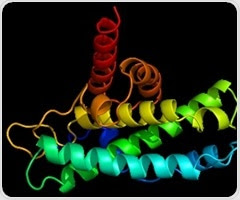| ||||||||||||||||||||||||||||||||||
| ||||||||||||||||||||||||||||||||||
| ||||||||||||||||||||||||||||||||||
| ||||||||||||||||||||||||||||||||||
| ||||||||||||||||||||||||||||||||||
| ||||||||||||||||||||||||||||||||||
martes, 28 de enero de 2020
Medical News | Medical Articles: Stanford scientists complete first global census of cell surface proteins
Medical News | Medical Articles
Suscribirse a:
Enviar comentarios (Atom)











































No hay comentarios:
Publicar un comentario